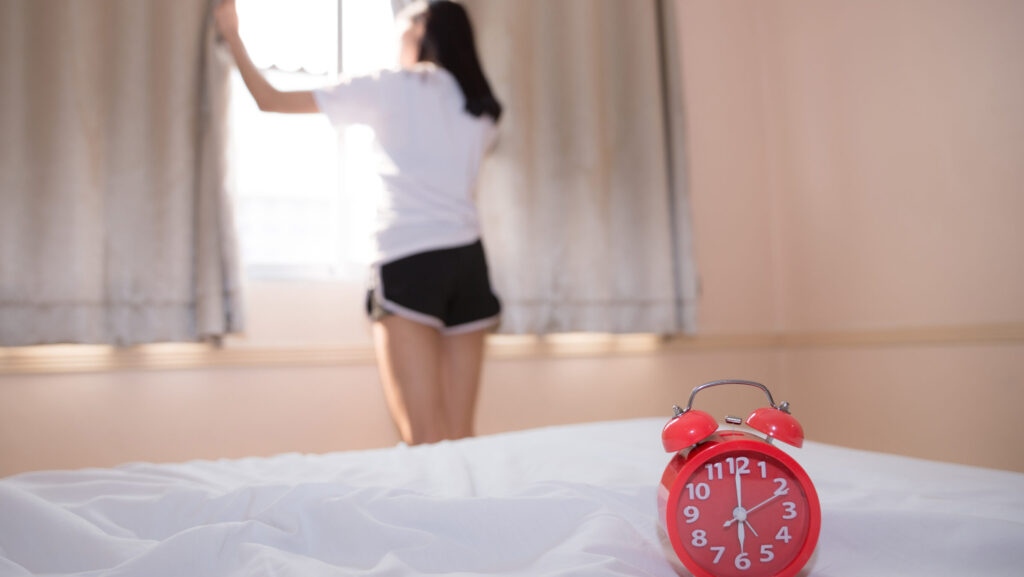How Nightly Sleep Holds the Key for Students’ Academic Success
Fact Checked
Up to date
Update: July 19, 2023
Share

1
people like this article
Share
Read More About Sleep News
Update: July 19, 2023
• 3 min read
Update: July 13, 2023
• 4 min read
Update: July 13, 2023
• 3 min read
Update: July 13, 2023
• 4 min read







